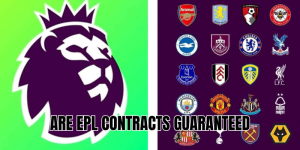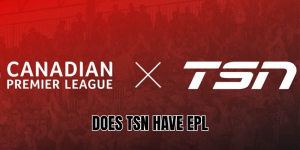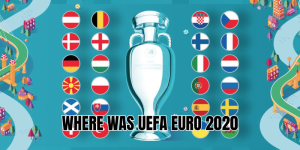In this article, HartGoal will explore whether MLS players can smoke weed—a question many fans wonder about amid changing laws and evolving sports policies. The short answer: no, not freely. Major League Soccer follows rules that prohibit in-competition use of cannabis or THC-containing substances, under the broader umbrella of anti-doping regulations. But the reality is nuanced, with specific thresholds, testing protocols, and distinctions between in-competition versus out-of-competition behavior.
Let’s dive deeper into how it works — the policy, what’s allowed, what isn’t, real cases, and what players and fans need to know.
What policy governs weed use in MLS
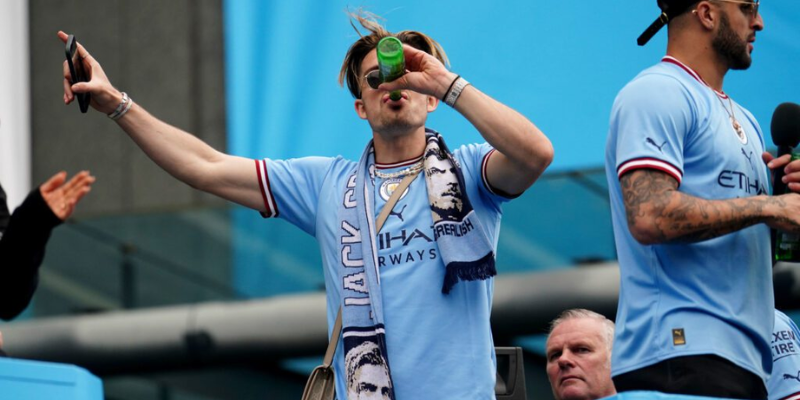
MLS is bound by international and U.S. anti-doping frameworks that regulate cannabis use. Two major sources that shape the rules:
- The World Anti-Doping Agency (WADA): Their Prohibited List classifies cannabis (including THC) as a banned substance during competition periods. If an athlete tests positive for THC above allowed thresholds while competing, that’s a violation.
- U.S. domestic policy & MLS rules: MLS mandates that players adhere to the substances banned by WADA. So if a substance is banned by WADA, it’s banned in MLS in-competition. The league also conducts drug tests (including unannounced/random ones) for prohibited substances.
So the policy is clear: MLS players are prohibited from using weed (THC and other cannabinoids) during competition, and they risk sanctions if caught beyond a certain threshold.
How testing and thresholds work
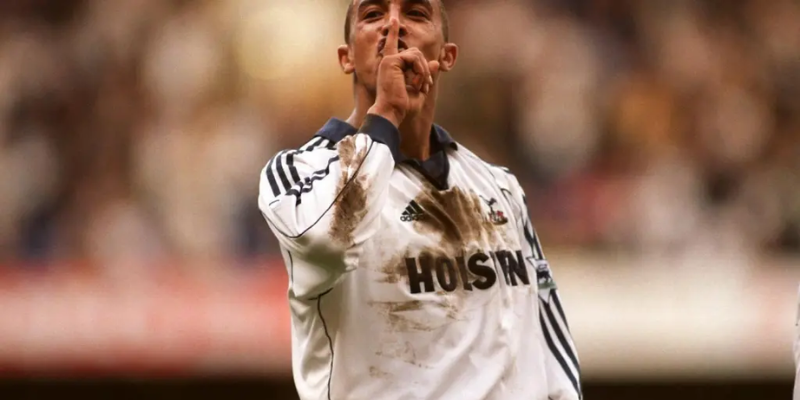
Understanding what “beyond a certain threshold” means is crucial. Here are the key points:
- WADA sets a threshold for THC in urine (or possibly blood), above which cannabis is considered a positive. This threshold is 150 ng/ml for in-competition THC tests.
- MLS follows WADA’s guidelines, though MLS does not publicize all of its internal details such as exactly how many tests are done, or all fine/suspension schedules.
- Importantly, there’s a difference between “in-competition” vs “out-of-competition.” A player might use cannabis legally under state law, or otherwise outside of competition time, but what matters is whether there’s THC in their system during an event or match. If yes, that could trigger a positive test.
Legal vs league status: contradictions & complexities
Even though some U.S. states (and Canada, for certain MLS franchises) have legalized recreational or medicinal cannabis, that doesn’t override MLS or WADA rules. Key issues:
- State legality does not equal permission under league rules. A state law might allow recreational weed, but if a player is tested during competition (which follows WADA rules) and THC is above the threshold, they can still be penalized.
- CBD and non-psychoactive cannabinoids are handled differently. CBD (cannabidiol) that is free from THC generally is not banned under WADA and league rules. But products can be contaminated with THC, or improperly labelled, which poses risks.
- Therapeutic Use Exemptions (TUEs): In some sports, an athlete might get a TUE for certain medical substances. However, getting a TUE for cannabis or THC is very rare and usually not accepted for recreational purposes.
Examples: What MLS and related leagues have said / done
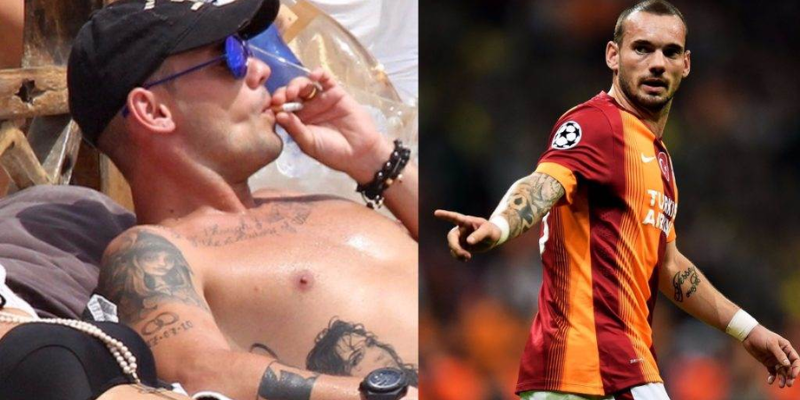
Here are some examples and relevant developments that show how policy works in practice, or how things are evolving.
- MLS policy declares that substances prohibited by WADA are prohibited for its players. The league conducts random tests for all substances in WADA’s banned list.
- Public threshold: An MLS official has indicated that cannabis testing (for marijuana/THC) follows WADA’s 150 ng/ml threshold.
- Evolving attitudes: Other leagues in North America (NFL, MLB, NBA) have in recent years modified their cannabis / THC testing regimes—raising thresholds, changing penalties, or reducing testing frequency. While MLS has not made dramatic public shifts of the same kind, these broader trends create pressure and expectation of adjustment.
What players risk / consequences
If an MLS player tests positive for cannabis/THC at a time when the substance is prohibited (e.g. in competition), they may face:
Warnings or fines
- Suspensions, depending on the severity, amount detected, and whether it’s a repeat violation
- Damage to reputation and potential contract implications
However, because public details are limited, the exact consequence often depends on case by case basis (depending on amount, timing, whether they have a TUE, etc.).
What is allowed or tolerated
While MLS players can’t freely smoke weed during competition under the league’s and WADA’s rules, there are circumstances where use is less likely to lead to sanction:
- Out-of-competition use: If a player uses weed in a situation where they’re not subject to in-competition testing, and if THC levels are below the threshold when they are tested around competitions.
- Legal, state-law compliance: As long as players abide by local laws regarding cannabis usage. League rules do not supersede civil law, but league rules about testing and bans are separate.
- Products with CBD/no THC, or very low THC trace amounts, that comply with drug-testing rules.
Why the rule exists: performance, fairness, safety
These prohibitions are not just about morals or stigma—there are real reasons MLS and WADA enforce them:
- Fairness: Substances that might affect performance give unfair advantage or change competitive balance.
- Safety: Cannabis impairment during play (or in close temporal proximity to matches) could increase risk of injury.
- Consistency: Players under different state laws (some legal, some not) still compete under standardized league/international rules.
Future trends and potential changes
The landscape is shifting, though slowly. Some likely developments:
- More pressure on leagues to raise thresholds, reduce punishments, especially for off-duty or out-of-competition use.
- Potential for more formal clarity, and what counts as “in-competition.”
- Increased use of legal cannabis, CBD, and related products for medicinal / recovery purposes—and potential for regulatory changes or TUEs.
- Greater alignment or adjustment with state laws as more states legalize recreational use.
Conclusion
In conclusion, can MLS players smoke weed? Only under specific conditions. HartGoal’s research shows that MLS players are subject to anti-doping rules, which ban cannabis (THC) in competition, with thresholds (150 ng/ml) and testing in place. Outside of competition, or with non-psychoactive cannabinoids, there’s more leeway—but risks still exist.
If you’re an MLS player, aspiring pro, or a fan curious about what might happen in real life: always check the latest league rules, consult medical or legal advisers, and assume that using THC close to match time carries risk.
If you found this helpful, HartGoal invites you to stay tuned: subscribe for updates on MLS policies, player stories, and all things football-law, history, and records. And if you’ve got a question—maybe “Can UEFA players smoke weed?” or “What about World Cup rules on cannabis?”—drop it in the comments, and HartGoal will dig into it next time.


